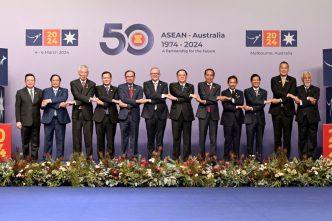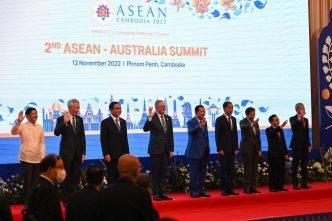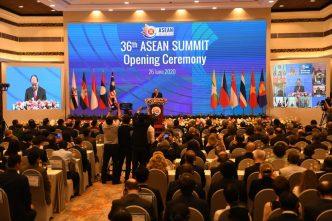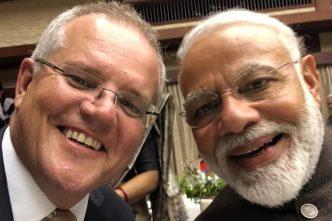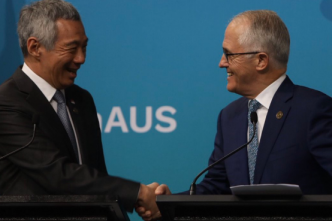The ASEAN-Australia leaders’ summit in Melbourne offers the opportunity for Australia to embrace ASEAN’s ‘inclusive regionalism’ and the organisation’s centrality in mediating the Indo-Pacific struggle between the great powers. With the Albanese government’s $2bn …
The headline news for Australia out of last week’s G20 summit in Bali was the meeting between Prime Minister Anthony Albanese and Chinese leader Xi Jinping. The prospect of repairing relations between Australia and China …
US–China, US–China—the commentary goes on and on. Who will be dominant? Must rising powers always go to war with established powers? Can the US assemble an Indo-Pacific alliance to balance China? Might the US agree …
Scott Morrison likes using the phrase ‘delicate moment in time’ to describe the international dynamics Australia is now faced with. It’s a time to build friendships on many fronts, as the government understands well. But …
Australian government policy, in former foreign minister Julie Bishop’s words, has been to support the ASEAN-led East Asia Summit ‘as the region’s key forum for discussing security challenges’. However, in recent months we’ve seen Australian …
In October 2016, before the US presidential election, I suggested that Australia was entering a foreign-policy crisis period—given the relative decline of American power in the Asian region, the likely withdrawal of the US from …
The ASEAN–Australia Special Summit attracted bipartisan Australian support, and was a success. We saw Malcolm Turnbull, in his carefully worded commentary and body language, engaging effectively with our neighbours. He understood the rhetorical need to …
